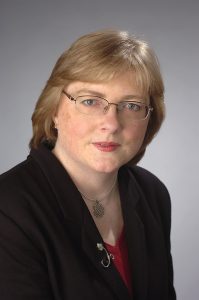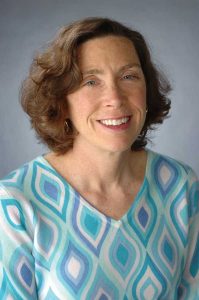Older adults are vulnerable to abuse and financial exploitation, particularly if they are socially isolated, and standard approaches often intensify that isolation by severing family relationships to prevent further abuse. As the population ages and the number of cases of elder abuse continue to rise, service providers search for innovative solutions that can stop abuse and exploitation without further disrupting the older adult’s family and social relationships.

The movement to incorporate restorative solutions to elder abuse has been gaining momentum in recent years. Advocates and service providers who work with older adults, and professionals and students in related fields, were invited to attend the “Syracuse, New York’s ‘Long Game’ for Adopting Restorative Approaches to Elder Abuse” webinar Jan. 26.
In this webinar, Maria Brown, assistant research professor at Syracuse University in both the Falk College School of Social Work and the university’s Aging Studies Institute, and Mary Helen McNeal, professor in the Syracuse University College of Law and director of its Elder and Health Law Clinic, discussed their qualitative and academic research. They shared highlights from their Collaboration for Unprecedented Success and Excellence (CUSE) grant-funded international symposium in elder abuse and restorative justice.
A recording of the webinar and a restorative justice toolkit are now available from the California Elder Justice Coalition (CEJC), which sponsored the webinar.

The discussion also included Brown and McNeal’s work with local Syracuse-area service providers Vera House and the Center for Court Innovation, exploring the potential of restorative practices to intervene in elder-abuse situations, including the current “eCORE Project,” which offers community building and conflict resolution circles to seniors in Christopher Community Housing in Syracuse.
The Jan. 26 webinar is part of the “Exploring Restorative Approaches to Elder Justice” webinar series intended to build awareness about restorative options for older adults and to promote safe, just, equitable and sustainable practices, communities and institutions. To register for the other webinars, visit CEJC’s event registration page.
